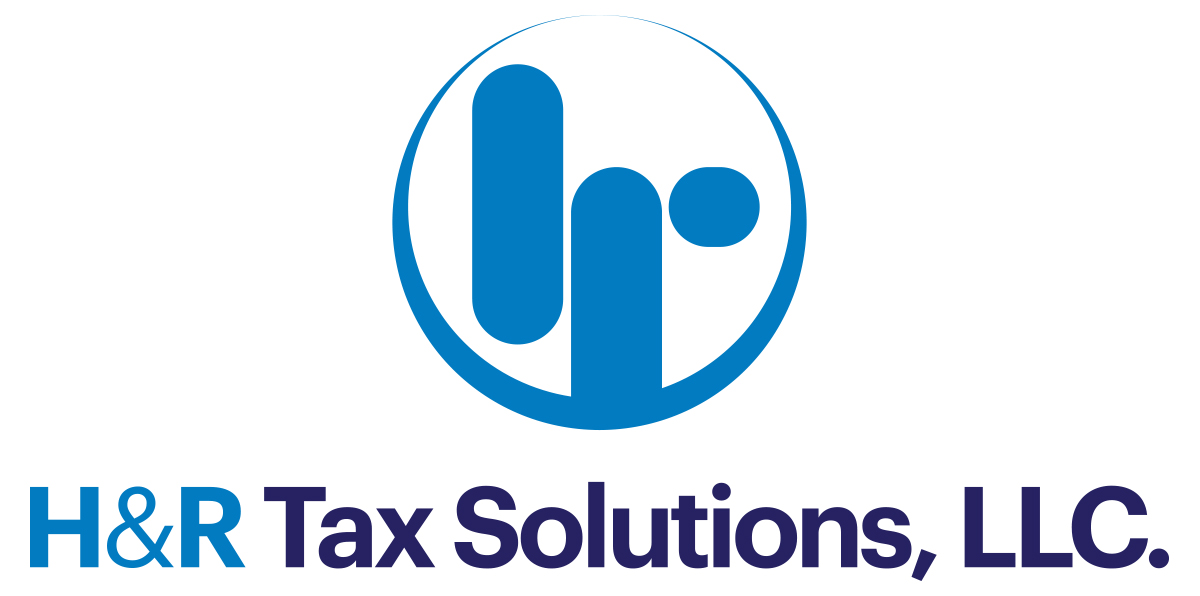Keep up to date on the latest tax news and updates
Essential Updates and Strategic Guidance in Taxation
Essential Updates and Strategic Guidance in Taxation
Welcome to the September 2025 Issue
This edition of the Tax Insights Newsletter provides an authoritative overview of the latest developments in tax law and planning. As we approach the final quarter of the year, staying abreast of regulatory updates, recent legislation, and strategic tax planning opportunities is vital. In this issue, you will find detailed coverage of federal and state-level changes, year-end guidance, IRS announcements, and expert responses to common taxpayer questions.
In This Issue
- Federal Tax Law Updates
- State and Local Tax Changes
- Year-End Tax Planning Checklist
- Spotlight on Retirement Contributions
- IRS Announcements & Key Deadlines
- Taxpayer Q&A
- Helpful Resources
Federal Tax Law Updates
The Taxpayer Relief and Simplification Act of 2025 has introduced several significant changes. Among the most notable are increases to the standard deduction, enhancements to the child tax credit, and updated capital gains reporting requirements. Taxpayers should be aware of new compliance and documentation expectations for 2026 filings.
Standard Deduction Increases
For 2025, the standard deduction will rise by $650 for single filers and $1,250 for joint filers. Taxpayers who itemize should take note of reinstated miscellaneous deductions, which now have revised thresholds.
Child Tax Credit Expansion
The child tax credit has been expanded, is now partially refundable, and includes dependents up to age 18 for the 2025 tax year. Families may need to reassess their withholding and estimated payments to optimize benefits.
Capital Gains Reporting
Brokers are now required to report the adjusted cost basis for all securities transactions—including stocks, bonds, mutual funds, and options. Maintaining accurate records is essential, and professional advice is recommended for complex scenarios.
State and Local Tax Changes
Numerous states have enacted updates for 2025. California will reduce its top marginal income tax rate by 0.5%, while Texas introduces new credits for small businesses that invest in clean energy. Taxpayers should also review local property tax assessments and respond by the stated deadlines as appropriate.
Year-End Tax Planning Checklist
As year-end approaches, consider these strategies to optimize your 2025 tax position:
- Contribute the maximum to IRAs, 401(k)s, and HSAs by December 31, 2025.
- Harvest capital losses to offset gains, observing the wash-sale rule.
- Review charitable donations—gifting appreciated assets can enhance deductions.
- Consider deferring income or accelerating expenses for cash flow and tax efficiency.
- Verify the accuracy and timeliness of estimated tax payments to avoid penalties.
Spotlight on Retirement Contributions
Contribution limits have increased for 2025. Traditional and Roth IRAs now allow up to $7,500, with a catch-up limit of $8,500 for individuals aged 50 and over. The 401(k) limit stands at $23,000, plus a $7,500 catch-up for those 50+. Taxpayers are encouraged to review retirement savings strategies in light of these changes.
IRS Announcements & Key Deadlines
The IRS has introduced expanded online services and a pilot for digital correspondence audits. Upcoming deadlines include:
- October 15, 2025 – Deadline for extended 2024 individual tax return filings
- January 15, 2026 – Final estimated tax payment for 2025 due
- January 31, 2026 – Employers must issue W-2s and 1099s
Consult the IRS website for a comprehensive list of deadlines.
Taxpayer Q&A
Q: What are common errors taxpayers should avoid?
A: Incomplete income reporting, overlooking eligible credits, and insufficient documentation are frequent issues. Comprehensive review and professional consultation can mitigate these risks.
Q: What new credits or deductions are available this year?
A: Updates include expanded credits for energy-efficient home improvements, adoption, and student loan interest. Review current IRS guidance or speak with a specialist for additional information.
Helpful Resources
- IRS Official Website: www.irs.gov
- Taxpayer Advocate Service: www.tra.com
- State Department of Revenue Portals: www.ftb.ca.gov
- Tax Planning Tools & Calculators: www.getapril.com
Final Thoughts
Remaining informed about tax law developments is critical for effective tax planning. Proactive strategies and professional guidance can ensure compliance and optimize financial outcomes. For personalized assistance, consider consulting your tax advisor.
Thank you for reading the September 2025 Tax Insights Newsletter. We wish you continued success throughout the season.
